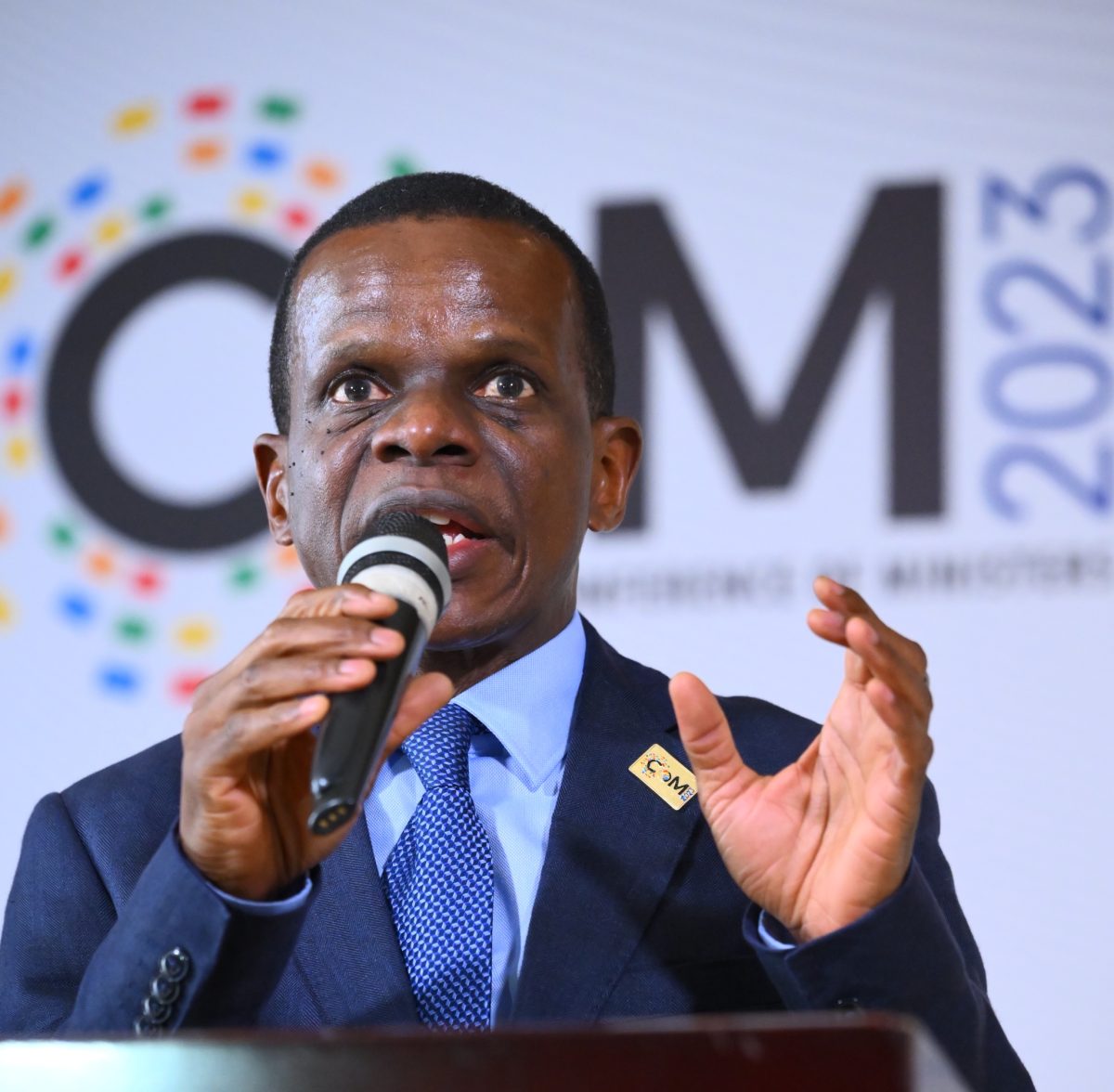The continent has long been the source of mineral resources that have proven extremely useful for other economies. Unfortunately, that model, characterised by raw materials shipped out of the continent and the host countries completely shut out of the value chain meant that only a small fraction of the benefits accrued to them, even as they often had to shell out precious foreign exchange to buy the very goods produced from the raw materials under their feet or over their heads.
With a new energy paradigm in sight and Africa once again in possession of the critical minerals that will power it, leaders on the continent are determined that things will be done very differently.
Antonio Pedro, Acting Executive Secretary of the Economic Commission for Africa, is convinced that such a path is within reach. “We are in the era of sustainable transitions and Africa is in the centre of these solutions,” he says.
New energy paradigm
The ECA has embraced the possibilities that this new energy paradigm, specifically in transport, holds for Africa. In partnership with other multilateral development agencies, notably the financiers – that is the African Development Bank, African Export-Import Bank, BADEA and African Finance Corporation – he says they have stepped up their efforts to put the Democratic Republic of Congo and Zambia at the centre of the battery and electric vehicle production value chain.
The DRC’s proven reserves of cobalt and copper place it in very good stead to reap a sizable share of an industry predicted to be worth $7.7 trillion by 2025 and an astounding $46 trillion by 2050.
Pedro says these efforts are in keeping with the conviction that drives the ECA. Indeed, as far back as 2007 he states, the institution has been instrumental in efforts to reform and improve the African extractives sector.
“It was clear, even then, that securing the future of the African extractives industry required the emergence of African resource companies,” he says. “That year, we organised the Big Table on ‘Managing Africa’s natural resources for growth and poverty reduction’, which brought together ministers of finance in Africa, along with their counterparts in the Organization for Economic Cooperation and Development to engage on how Africa’s natural resources could be managed for growth and poverty reduction. The conclusion from that summit was that the existing mineral regimes were not really serving Africa well and there was a need to take another look at them.”
In response, ECA put together the International Study Group (ISG) on Africa’s Mineral Regimes, which produced a seminal report ‘Minerals for Africa’s development’, assessing the nature of the industry.
“It recognised the need to review how the industry was configured, operating as enclaves with no links to the local economies,” Pedro recalls. The report informed the formulation of the Africa Mining Vision, which would be subsequently adopted by the African Union in February 2009. “Africa has the potential to capture significantly more than what it does by just exporting raw materials. It is a travesty that it doesn’t,” he observes.
It is these enduring lessons that continue to animate the ECA’s mission in the DRC and a subject matter you can tell fascinates the Acting Executive Secretary of the ECA. Armed with the results of a study by BloombergNEF which showed that battery production in the country would involve lower costs and emissions than in other production centres around the world, the ECA is engaging with local and international partners to move the DRC up the value chain.

